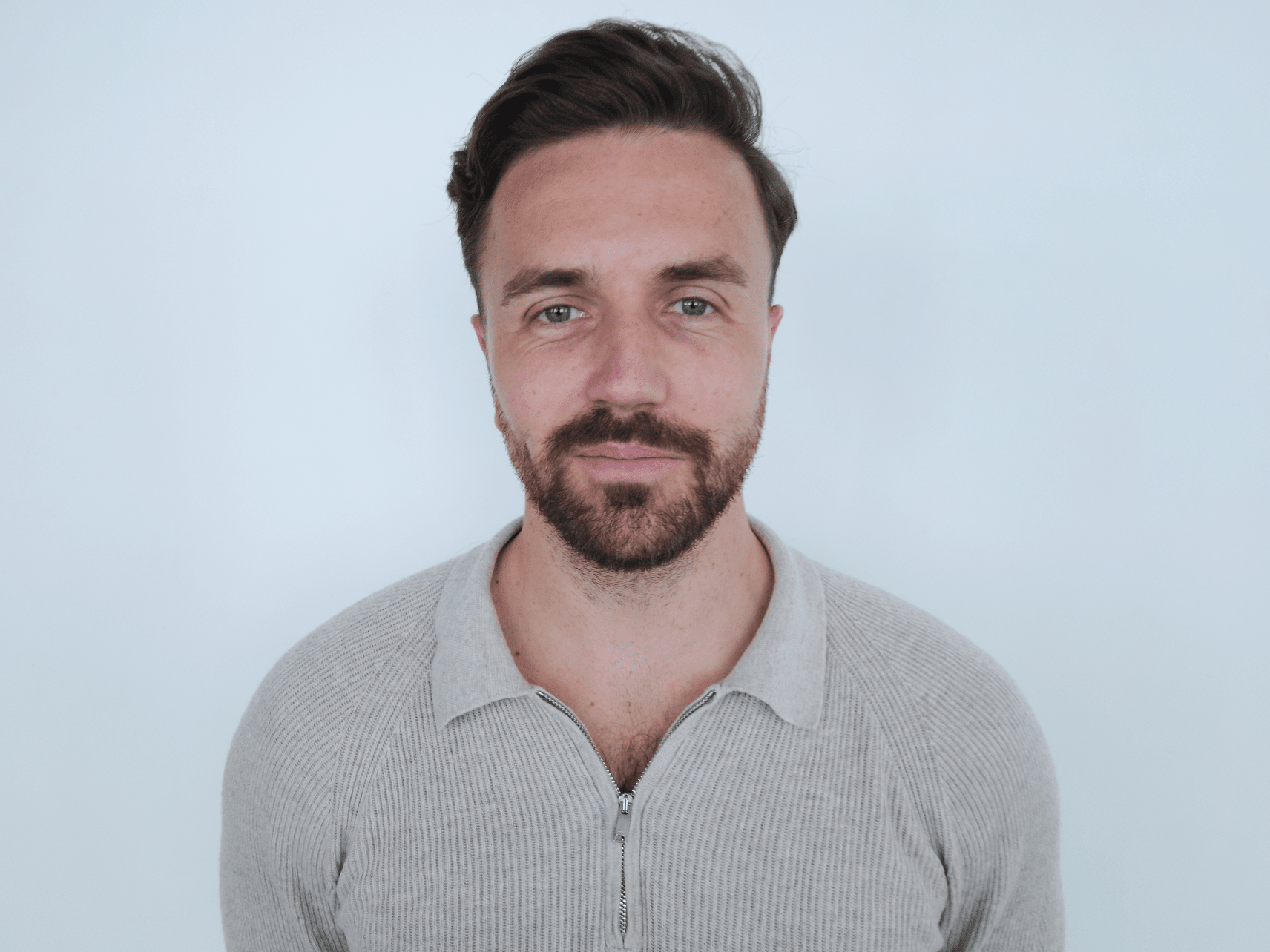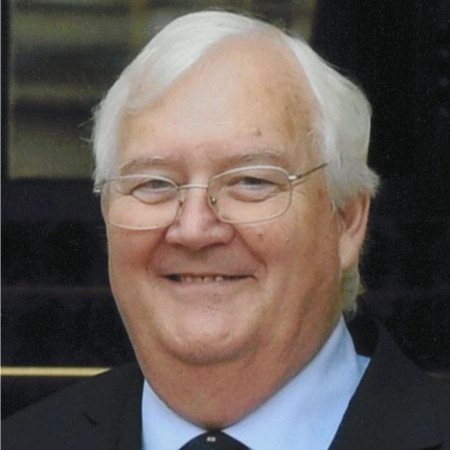
E2 - Barry Forde at Broadband 4 the Rural North
12 July, 2023On the second episode of our spin-off series, The Fibre Edition, we were joined by our host, Will Godmon and Barry Forde, ex-CEO and Founder Member of B4RN. Barry has an impressive history in the industry with some spectacular titles under his belt. Barry is an FRSA (Fellow of the Royal Society of Arts), Professorial Fellow in Computer Networking at the University of Lancaster and impressively made an MBE in the Queen’s Birthday Honours list in 2015 for his work on Rural Networking.
During this episode, the pair discuss where the Fibre industry is going and some of the main challenges that the Fibre space could be faced along the way. They also delve into the skills that are missing in the industry at the moment and how Barry thinks we can bridge that skills gap.
Barry left school without any GSCE and considered himself to be a “slow developer”. He worked in a post office for a while before leaving and going into the Merchant Navy as a Radio Officer, spending 2 years travelling the world. After 2 years, he decided to leave and go to university to study for a Maritime Studies Electronics degree. After his degree, he jumped into various areas from aerospace to working at a university. He became head of Networking and took over the tech support of computing at Lancaster University. Around the 2009 era, they asked if he wanted to retire early, so he took the opportunity because he wanted to work on the regional side. He started working on the FTTH side of Fibre, set up B4RN and things grew from there.
Biggest changes?
In 2008, Fibre was very much a backbone technology. It was one that telcos used for high capacity, long haul links using DWDM technology from people like Nokia and Ciena.
Some of the most important things he learnt during his time in the industry are that you need to be endlessly innovative and to be endlessly tackling what’s going on. The rate of change is always so fast and there is always something happening, or a new technology being released. You need to constantly be evaluating what’s happening.
Some of the biggest challenges he has faced and thinks the industry is facing generally are the national incumbrance tends to dominate things, so they set things like the technology standard. He doesn’t see this changing because of the scale but some organisations stick with PON/GPON technologies which makes them more restricted in what you can actually do.
Skills shortage…
People misunderstand where the skills shortages are. The headline is always Splicers but it’s not difficult as the machine does the splicing. The industry has a wide range of skills that it needs, starting at one end, you have people who are planning the GIS people who are mapping what is where. Then you have Civil Engineering which is well understood but a big shortage of people and lastly the equipment shortage, where the equipment is taking ages to get hold of.
Some advice he gives to anyone looking to get into the Fibre space is to be flexible. There are going to be loads of opportunities within the Fibre space. Very few people really know what they want to do and tend to start something, either love it or move into something more attractive to them. The Fibre space is a great one to allow flexibility and you can try many things. The other is to be excited, it’s a great space to be part of and the opportunities are endless!
Tune in on 07/02/2023 to hear a great episode!




